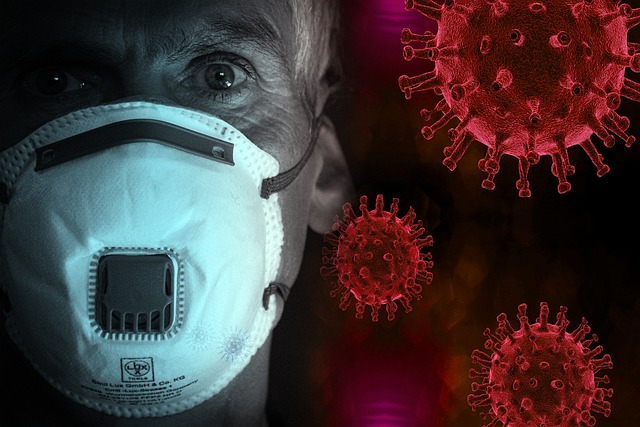A study led by researchers at Boston Children’s Hospital explains for the first time why COVID-19 causes severe inflammation in some people, leading to acute respiratory distress and multi-organ damage. Surprisingly, the study also finds that the antibodies that people develop when they contract COVID-19 can sometimes lead to more inflammation , while the antibodies generated by the mRNA vaccines against COVID-19 appear not to do so.
The researchers, led by Judy Lieberman, MD, PhD, and Caroline Junqueira, PhD at Boston Children’s Program in Cellular and Molecular Medicine, with Michael Filbin, MD, at Massachusetts General Hospital, published their findings April 6 in Nature.
“We wanted to understand what distinguishes patients with mild versus severe COVID-19,” Lieberman says. "We know that many inflammatory markers are elevated in people with severe illness and that inflammation is the root of disease severity, but we didn’t know what triggers inflammation."
Researchers analyzed fresh blood samples from COVID-19 patients who presented to the emergency department at Massachusetts General Hospital. They compared them with samples from healthy people and patients with other respiratory conditions. They also looked at lung autopsy tissue from people who had died from COVID-19.
A ferocious death of immune cells
They found that SARS-CoV-2 can infect monocytes, immune cells in the blood that act as "sentinels" or early responders to infection, as well as macrophages, similar immune cells in the lungs. Once infected, both types of cells undergo a fiery death (called pyroptosis) that releases a burst of powerful inflammatory alarm signals.
“In infected patients, about 6 percent of blood monocytes were dying an inflammatory death,” Lieberman says. "That’s a big number to find, because cells that die are quickly removed from the body."
When examining lung tissue from people who died from COVID-19, they found that about a quarter of the macrophages in the tissue were dying.
When the researchers studied the cells for signs of SARS-CoV-2, they found that about 10 percent of monocytes and 8 percent of lung macrophages were infected.
The fact that monocytes and macrophages can be infected with SARS-CoV-2 was a surprise, since monocytes do not have ACE2 receptors, the classic portal of entry for the virus, and macrophages have low amounts of ACE2. Lieberman believes that SARS-CoV-2 infection of monocytes may have been previously overlooked in part because researchers often study frozen blood samples, in which no dead cells appear.
The study also showed that while SARS-CoV-2 was able to infect monocytes and macrophages, it was unable to produce new infectious viruses. The researchers believe that the cells quickly died from pyroptosis before the new viruses could fully form.
“In some ways, the uptake of the virus by these ’sentinel’ cells is protective: it absorbs the virus and recruits more immune cells,” Lieberman says. “But the bad news is that all these inflammatory molecules are released. “In people who are more prone to inflammation, such as the elderly, this can get out of control.”
Antibodies that facilitate infection?
A certain group of monocytes were especially likely to be infected: those carrying a receptor called CD16. These "non-classical" monocytes represent only about 10 percent of all monocytes, but their numbers increased in COVID-19 patients, the researchers found. They were also more likely to be infected: about half were infected, compared to none of the classic blood monocytes.
The CD16 receptor appears to recognize antibodies against the SARS-CoV-2 spike protein. The researchers believe that these antibodies may actually facilitate the infection of monocytes that carry the receptor. “The antibodies coat the virus and the cells with the CD16 receptor take up the virus,” Lieberman says.
However, when the team studied healthy patients who had received mRNA vaccines against COVID-19, the antibodies they developed did not appear to facilitate infection. The reason for this is still unclear; Researchers believe that the antibodies generated by the vaccine have slightly different properties than antibodies that develop during infection and do not bind as well to the CD16 receptor. As a result, the cells do not absorb the virus.
Lieberman and his colleagues believe these findings may have implications for the use of monoclonal antibodies to treat COVID-19, helping to explain why the treatment works only when given early. “It may be that later on, antibodies help improve inflammation,” she says. "We may have to look at the properties of the antibodies."
These findings, taken together, suggest that antibody-mediated uptake of SARS-CoV-2 by monocytes/macrophages triggers inflammatory cell death that aborts the production of infectious virus but causes systemic inflammation that contributes to the pathogenesis of COVID-19.
















